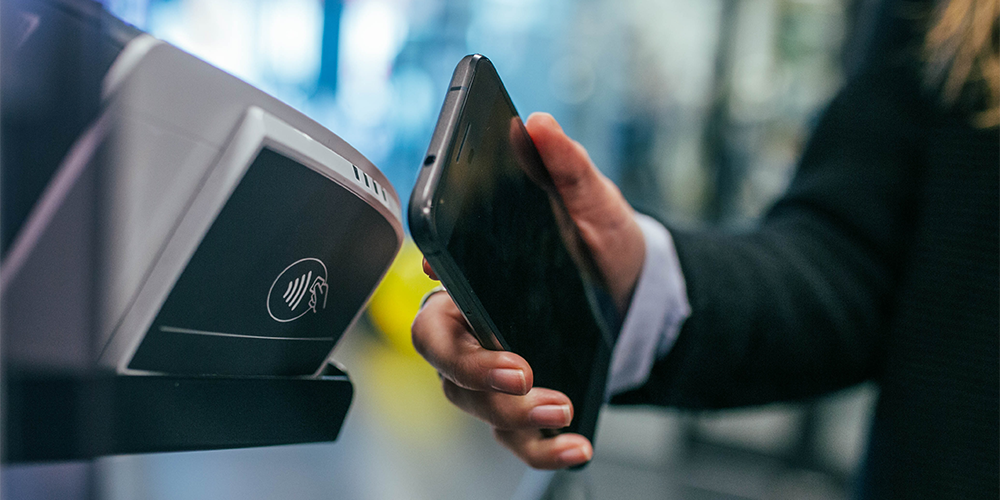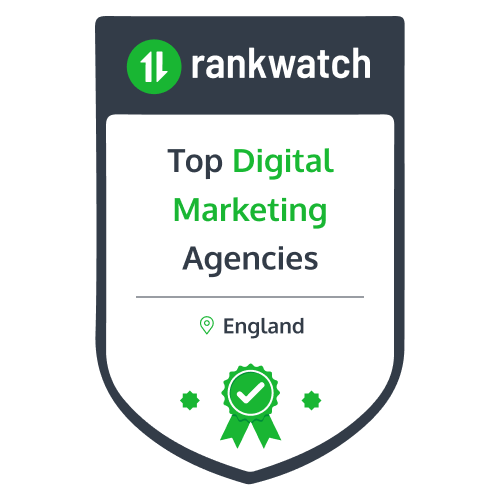
5 Ways to Optimize Your Social Media Strategy for Fintech Businesses
The financial services market is sky-rocketing – and there’s no turning back. The market has been reshaped by the COVID-19 pandemic, and demand for digital financial services is surging.
The demand isn't going to wane in a post-COVID world, either. So what does it take to get ahead of the competition and to invest in the future?
Building your social media strategy in the fintech industry
Consumers are much more savvy these days when it comes to inauthentic brand communications – if your brand comes across as ingenuous, you’ll likely feel the fallout. Why would you want to pull the wool over your potential customers' eyes in the first place?
Whatever decisions you make for your brand and the communications you put out, it has to come from a genuine place. The trust of your prospects must be earned.
One of the best ways you can earn that trust from your audience is through social media marketing.
So, here are the key questions to ask yourself to make sure your social media marketing is on point.
1. Are you Listening?
Think about what your target audience is thinking about and talking about – to find out, you’ll need to tune in to social media.
A lot of major world events are affecting consumers currently – what reassurances do they need from brands like yours to convince them that you're helping them through it all?
Make time to listen actively every day. The things you observe will help you to develop accurate buyer personas for the people who need your product or services. This in turn will help you develop the kind of messaging you need.
Listening to your audience also helps you gain their trust. Let's look at Monzo, for example.
Their campaign for "radical transparency" has been a huge success. By listening to customer feedback, primarily on social media channels, they were able to openly admit to mistakes they had made and publicly commit to fixing them.
Monzo publishes everything from internal emails and comms to their annual income report, so that their customers believe in their transparency, which translates into respect for their customers.
This enabled them to make history with one of the biggest crowdfunding campaigns ever, raising nearly £20 million from their supporters.
As of February 2020, Monzo now has 3.5 million active customers. Their success shows why listening to the market is so important.
2. Are you Analysing?
If you’re collecting data in any shape or form, you need to have a plan for what you’re going to do with it.
There is no use having marketing automation software, analytics or heatmaps set up if you’re not analysing this data effectively.

Get started with HubSpot's marketing hub, for example.
But be aware of becoming data-dependent. It’s easy to allow the volume of data to become distracting – your marketing needs to show insight and communicate at a human level, not just tick demographic boxes.
3. Are you Connecting?
Be critical about your communications. Are they relevant? Appropriate? Sensitive to the moment? Monitoring how your messaging lands is important to nailing your strategy.
But even more importantly, are your messages being received in the first place? The channels you choose are key.
Let's look at Starling Bank, for example.
They created a powerful Facebook campaign to highlight the mobile-only approach they have to banking and to encourage new users to the platform.
By using the Facebok SDK integration, they were able to gather insight on the consumers to ensure that they could accurately track the performance of various ad formats and use the most effective routes for different audiences.
The results speak for themselves - you can't argue with a 32% conversion rate on Facebook leads.
4. Are you Measuring?
You have to keep track of what’s working and what isn’t. Investing in marketing automation makes this a lot easier – especially when you’re running multiple campaigns across multiple channels.
As things have changed considerably since the start of 2020, reset your benchmarks based on the last few months’ worth of data. Measure your activity against the new benchmarks to determine the success of your campaigns.
5. Are you Advocating?
Your employees are so important for social media marketing. Your consumers prefer to interact with other people, not a “brand” which can feel impersonal even with the most clever messaging.
The fewer the barriers between your potential customers and the people who represent your brand, the better. Shine the spotlight on your employees as part of your marketing plan, and not only do you show you care about them by lifting them up, but you also create powerful brand advocates that your consumers can trust.
Influential advocates for your brand can also be extremely effective.
Yes, we're talking about Snoop Dogg on the BH&P blog again (check out our previous article about creative advertising during COVID-19).

After becoming the face of their media campaign, Snoop invested in Klarna to become a minority shareholder. His appearance and sponsorship of the brand helped to promote their services to an even wider audience.
Some companies go smaller-scale with the influencer marketing too. Take Revolut, for example.
Their "Revolut Pioneer" campaign saw the digital bank pay Instagram influencers and YouTube stars a fee to promote their app to their followers. They effectively created a mini army of influencers to embed the Revolut brand name into their audiences - these brand ambassadors are extremely effective for creating leads.
Has any of this got you thinking about some new ideas for your media campaigns? Contact us for free today.
BLOG
|4 MIN READ
BLOG
|5 MIN READ
BLOG
|4 MIN READ
BLOG
|5 MIN READ
BLOG
|4 MIN READ
BLOG
|2 MIN READ
Sign Up





